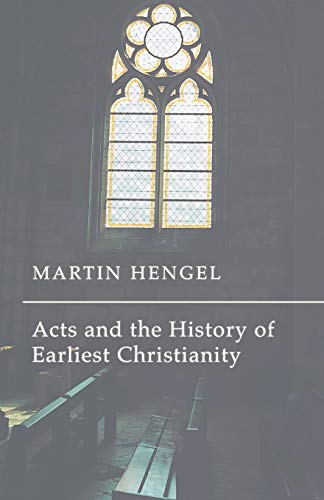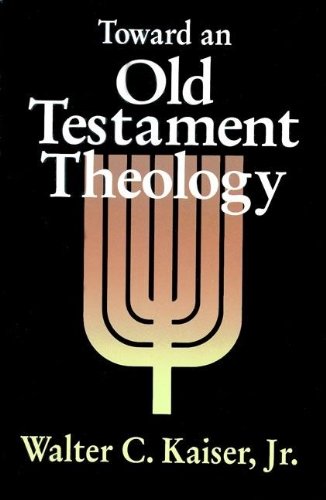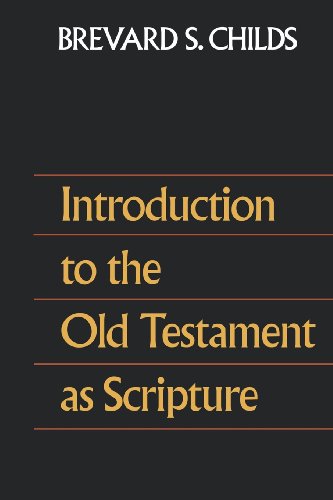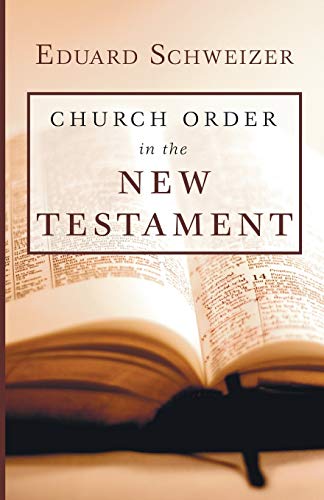Acts and the History of Earliest Christianity
Written by Martin Hengel Reviewed By Colin J. HemerThe Acts of the Apostles is a focal book for the study of Christian origins, and also a storm-centre of modern debate. Professor Hengel’s thesis is that the theological character of Acts does not preclude its claim to narrate events, that it stands in a tradition of continuity with ancient historiography and biography, and must be open to a balanced historical study which is not predetermined by radical scepticism. He has written a relatively short and deceptively simple book which encapsulates great learning and vigorous independence of judgment. He explains in his Preface that this is not a comprehensive work, but a stimulus to reflection. It is not to be underrated on that account: this is a book to be digested and debated by the serious student.
The book comprises three originally separate, but related, studies. The first is a general evaluation of Acts (and the gospels) in the context of ancient historiography, the second a reconstructed outline of the story of the primitive church and the beginnings of the Gentile mission, and the third, serving as a kind of appendix, is a skeleton tabulation of a series of propositions bearing on historical methods and theological interpretation.
Hengel’s work is of course directed first to the German scene, and represents a radical criticism of trends in German scholarship from within its own tradition. But similar tendencies (and the German formulation of them in particular) are influential elsewhere, and the rehabilitation of historical study is equally important in the English-speaking world, though in detail the arguments might be rather differently weighted. The book is not to be misused as a quarry for debating points, but assessed overall as a considered restatement. One of its two stated primary concerns is ‘to question the radical historical scepticism which is so widespread in a number of areas within German scholarship; this scepticism is often coupled with flights of imagination which suggest a retreat from any historical research worth taking seriously’ (p. vii). This is carefully balanced by an equally vigorous rejection of ‘the primitive ostracism of historical—and that always means critical—methods’.
Part I, which occupies half the book, is a most interesting and excellent presentation of the literary argument. One may perhaps be inclined in principle to attach less specific weight to the main thrust of this approach than the author does, for ancient historiographical practice was very varied, and I find it difficult to assess precisely the particular place of Luke, or of other New Testament writers, within it. In less able hands this argument might even prompt some caution. As it is, Hengel’s work is packed full with illuminating comment, and makes forcibly (as against e.g. K. L. Schmidt) his general case for seeing at the least a strong continuity with both Greek and Jewish historical traditions. He stresses many of the realistic factors which are easily forgotten: the fragmentary and fortuitous nature of our surviving ancient literary sources and the episodic and selective content of our New Testament documents themselves (however good the quality of the selection); the limits set on ancient books by extraneous constraints like the size of a papyrus roll; the ancient focus on personalities in history, coupled with a relative disinterest in psychological development. He shows no undue deference to the current practice of critical methods: form criticism, despite its early promise, ‘has all too quickly become ossified in a form of scholasticism’ (p. 23). His call for modesty and self-criticism is most salutary. Jesus made an ‘overwhelming impression’ on his disciples (p. 24), and it is wrong to treat the gospels by a schematic concept of ‘laws of tradition’ or of ‘community construction’. The stress is rather upon individual and authoritative bearers of tradition, successors to the divinely authoritative historiography of the Old Testament. The gospels are, in Justin’s term, apomnēmo-neumata(reminiscences), and quite unlike ‘aretalogical romance’, but they differ remarkably from both pagan and Rabbinic religious biography in their concentration upon the messianic-eschatological figure of Jesus as the focus of a saving revelation.
After all this, the chapter on Acts itself as a historical source is oddly brief (pp. 35–39). While it makes its point, there is clearly much more to be said here, especially in the detailed and controlled assessment of the insignificant and apparently uncontrived minutiae of the narrative. The accuracy of details is not to be made a glib formula for simplistic apologetic, but the implications are nevertheless important for an overall view of Acts and its relations with the Pauline epistles.
In the sections which conclude the first study Hengel reflects further upon history and theology in Acts, arguing in effect that the book is theologized history, not historicized theology. Indeed ‘there cannot … be any proclamation of the gospel which is not at the same time a narration of past history’ (p. 44). We must learn to listen to Acts in its own terms, with recognition of the necessary variety and flexibility of historical-critical method but without ‘text fetishism’.
Hengel’s views of the basic critical questions of Acts are presented briefly at the close. The author was probably Luke the physician: the first readers could have taken the ‘we-passages’ only of a known eyewitness. The speeches develop Luke’s ideas, but by the use of older traditions where possible: the methods of the third gospel show how he uses sources. His writing is dated here to about 80 or 90, but he is ‘capable of thinking historically’ despite the lapse of time. Though he plays down conflicts of the earliest church, he reproduces a primitive theology and christology. Hengel rejects emphatically the concept of ‘early Catholicism’ here. He suggests that there are written sources for the early chapters, a Hellenist strand combined with a collection of stories about Peter. And he attributes the problems inherent in Luke’s portrayal of Paul and apparent ignorance of his epistles in part to the lapse of a generation.
Some of these positions might in fact be naturally enlisted to argue a different and bolder conclusion than Hengel would perhaps countenance. The primitive features might suggest an earlier date; the absence of traces of the epistles might rather suit a time before their wider circulation and significance had been seen with hindsight. And the insignificant and undigested travel details point the same way: why should a participant have waited thirty years to find his occasion to write, and then in terms which include so much of the vividly inconsequential? There is yet much to be settled about setting and sources (where Dupont is wisely tentative), and again the early option is not to be made uncritically the stuff of instant apologetic.
The second part of the book aptly complements the first, practising what the other preaches. Here again is work of abundant stimulus. Hengel treats Acts frankly as a historical source. He often accepts its testimony where others dissent; sometimes he rejects or qualifies it, often where he sees Luke as concerned to smooth controversy. He traces the beginnings of the Gentile mission, the interplay of the Jerusalem church with the Hellenists and Paul, and Paul’s universalism of vision as the theological undergirding of the expansion among the Gentiles. The scope of the work does not deal directly with the later chapters of Acts, which might actually be considered to give the best lead in the study of Luke’s historical qualities.
There is no space in a short review to discuss the intricacies of this reconstruction. There is much illuminating comment on events, men and movements in the narrative, and much to illustrate and corroborate the contentions of the first part, emphasizing again the primitive theology, the tradition underlying the speeches and the difficulty throughout of distinguishing redaction from tradition in Acts (pp. 103ff.). Inevitably, the reader may differ in detail from some of the conclusions. One focal problem involves Hengel’s identification of the Jerusalem visit of Galatians 2 with Acts 15. Some of the points I find least convincing are attempts to explain difficulties occasioned by what I think to be a wrong fit, where I prefer to equate Galatians 2 with Acts 11 and to meet the problems of choosing that ground. The difference has wider repercussions for the reconstruction of events and for the value of Acts.
This, then, is an important book. The inherent ‘realism’ of Hengel’s work, its persistence in facing unfashionable questions and re-examining fashionable clichés, are features which engage the reviewer’s warm enthusiasm. The distinguished Tübingen professor has served us well.
Colin J. Hemer






